Publications
Articles, publications, books, tools and multimedia features from the U.S. Institute of Peace provide the latest news, analysis, research findings, practitioner guides and reports, all related to the conflict zones and issues that are at the center of the Institute’s work to prevent and reduce violent conflict.
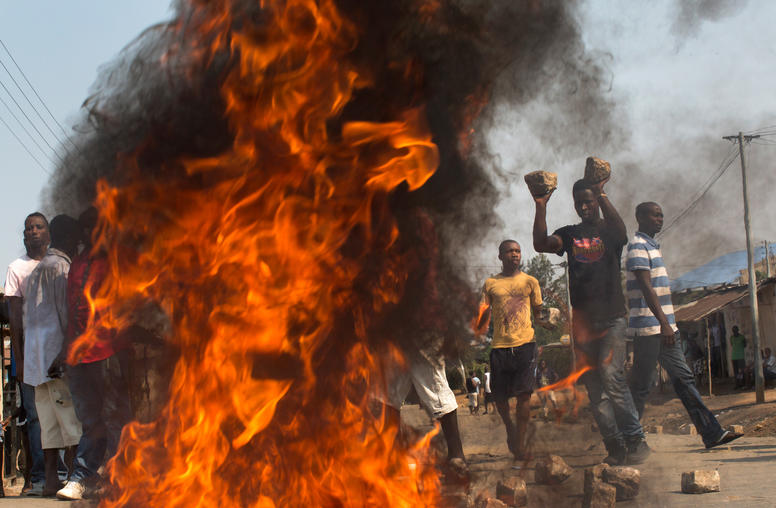
Q&A: What Works in Preventing Election Violence
The elections this year in the Philippines, the Democratic Republic of the Congo, Gabon and even the United States, demonstrate how high-stakes elections frequently trigger anxiety, tension or even violence or the threat of unrest. Properly managed elections allow opposing groups to press their claim to power through a peaceful process. But in fragile democracies, elections frequently feature intimidation or violent protest. U.S. Institute of Peace Senior Program Officer Jonas Claes, editor o...
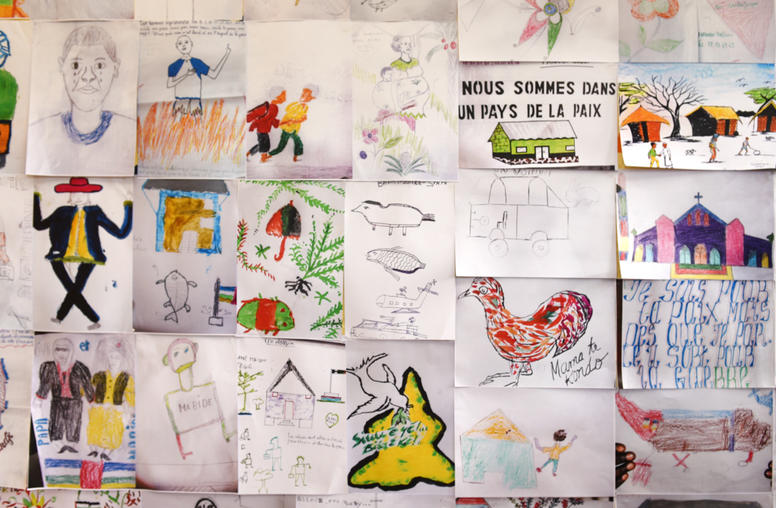
Q&A: Central African Republic Waiting for Peace
Nine months after the Central African Republic (CAR) held free, peaceful and democratic elections for president and parliament, the country continues to struggle for stability and progress. Half of the country remains in need of humanitarian aid, and an increase in violent incidents since September threatens to destabilize any progress made to date. At the end of November, clashes between factions of the ex-Séléka, a formerly united alliance of primarily Muslim armed groups, left 85 dead, 76 injured and 11,000 newly displaced.
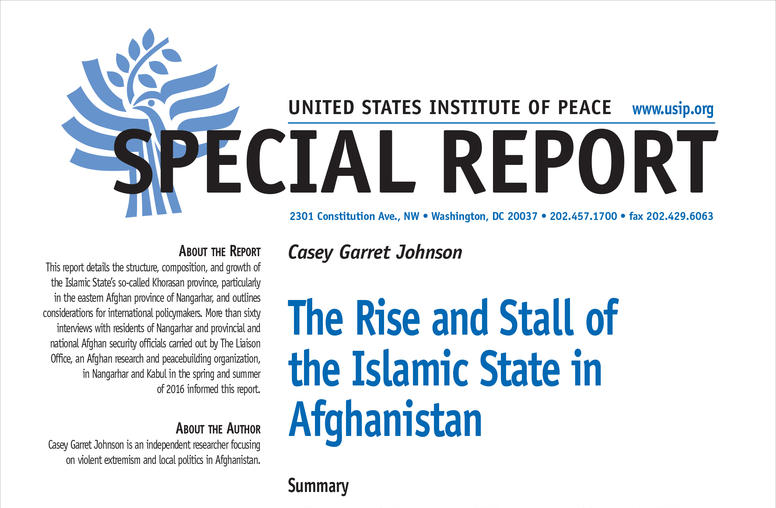
The Rise and Stall of the Islamic State in Afghanistan
This report details the structure, composition, and growth of the Islamic State’s so-called Khorasan province, particularly in the eastern Afghan province of Nangarhar, and outlines considerations for international policymakers. More than sixty interviews carried out by The Liaison Office with residents of Nangarhar and provincial and national Afghan security officials informed this report.
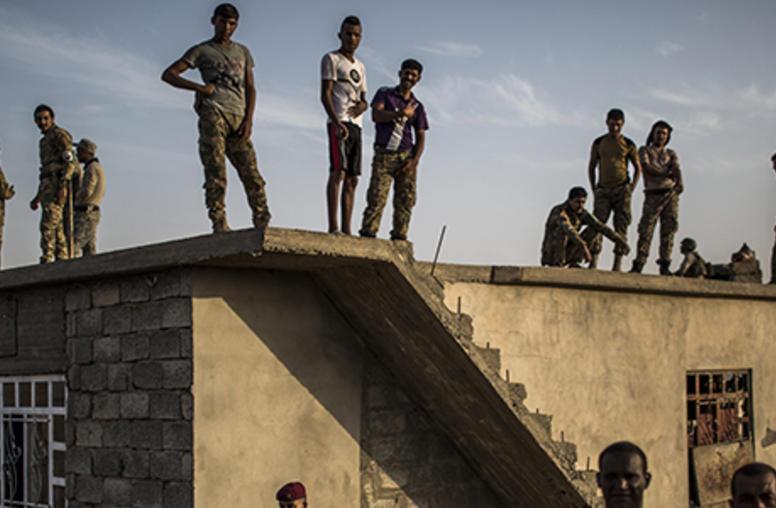
Mosul After ISIS: No Clear Plan for Peace
Two weeks into Iraq’s offensive to recapture Mosul from ISIS militants, the government and its fractious allies have not agreed on how to stabilize and govern the disputed region in the aftermath. The threat of new rounds of conflict, even after a recovery of Mosul from ISIS, is highlighted by the weekend’s surprise advance by Shia Muslim militias, which make up one of at least four main rival forces in the assault. The militia units announced that their fighters had begun a drive on the cont...
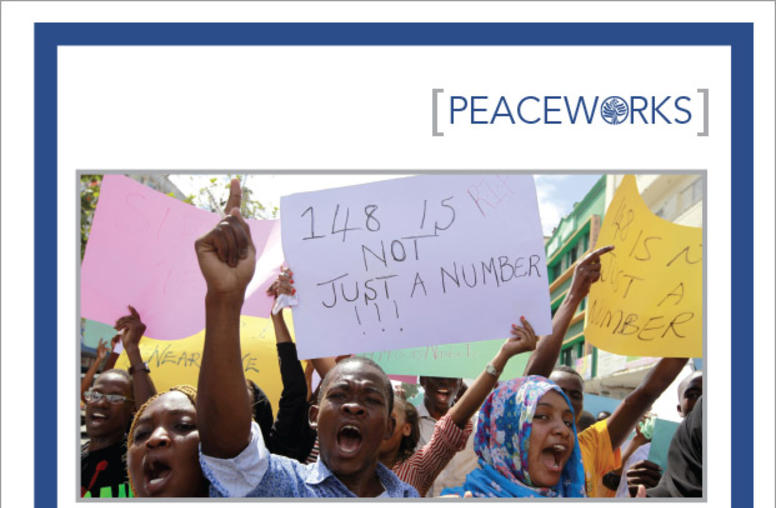
Violent Extremism And Clan Dynamics In Kenya
Derived from interviews across three Kenyan counties, this report explores the relationships between resilience and risk to clan violence and violent extremism in the northeast region of the country. The research was funded by a grant from the U.S. Agency for International Development through the United States Institute of Peace, which collaborated with Sahan Africa in conducting the study.
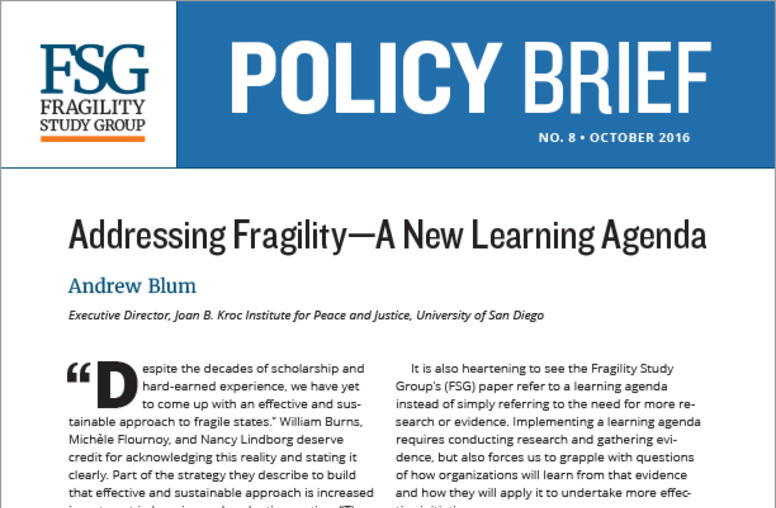
Addressing Fragility—A New Learning Agenda
The Fragility Study Group is an independent, non-partisan, effort of the Carnegie Endowment for International Peace, the Center for a New American Security and the United States Institute of Peace. The chair report of the study group, U.S. Leadership and the Challenge of State Fragility, was released on September 12. This brief is part of a series authored by scholars from the three institutions that build on the chair report to discuss the implications of fragility on existing U.S. tools, st...
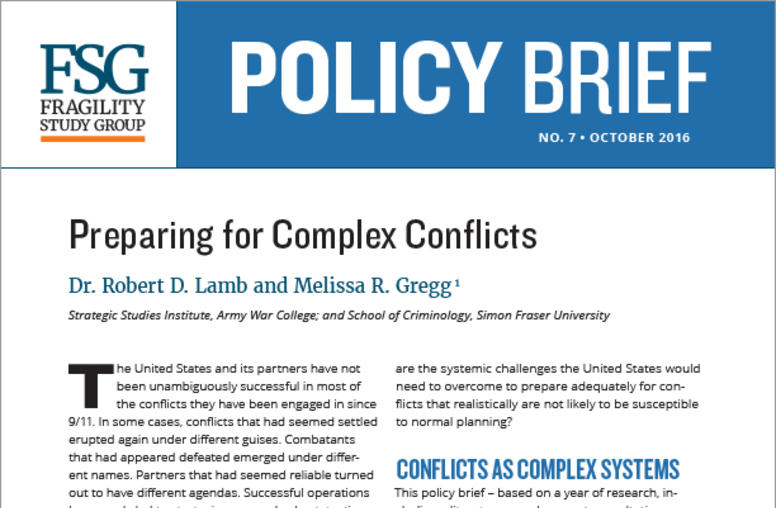
Preparing for Complex Conflicts
The Fragility Study Group is an independent, non-partisan, effort of the Carnegie Endowment for International Peace, the Center for a New American Security and the United States Institute of Peace. The chair report of the study group, U.S. Leadership and the Challenge of State Fragility, was released on September 12. This brief is part of a series authored by scholars from the three institutions that build on the chair report to discuss the implications of fragility on existing U.S. tools, st...
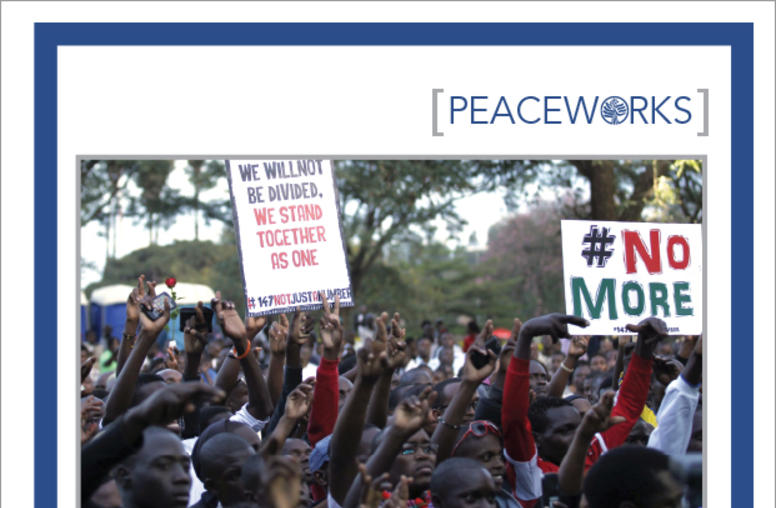
Community Resilience to Violent Extremism in Kenya
Focusing on six urban neighborhoods in Kenya, this report explores how key resilience factors have prevented or countered violent extremist activity at the local level. It is based on a one-year, mixed-method study led by the United States Institute of Peace and supported by Sahan Research.
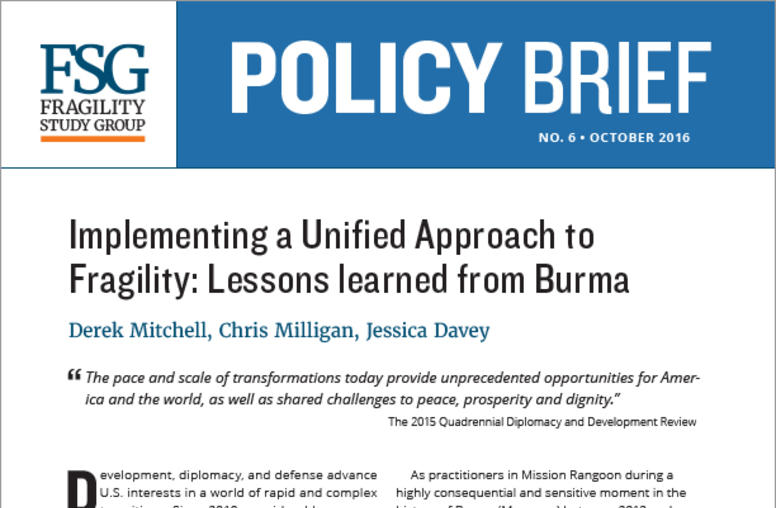
Implementing a Unified Approach to Fragility: Lessons learned from Burma
The Fragility Study Group is an independent, non-partisan, effort of the Carnegie Endowment for International Peace, the Center for a New American Security and the United States Institute of Peace. The chair report of the study group, U.S. Leadership and the Challenge of State Fragility, was released on September 12. This brief is part of a series authored by scholars from the three institutions that build on the chair report to discuss the implications of fragility on existing U.S. tools, st...
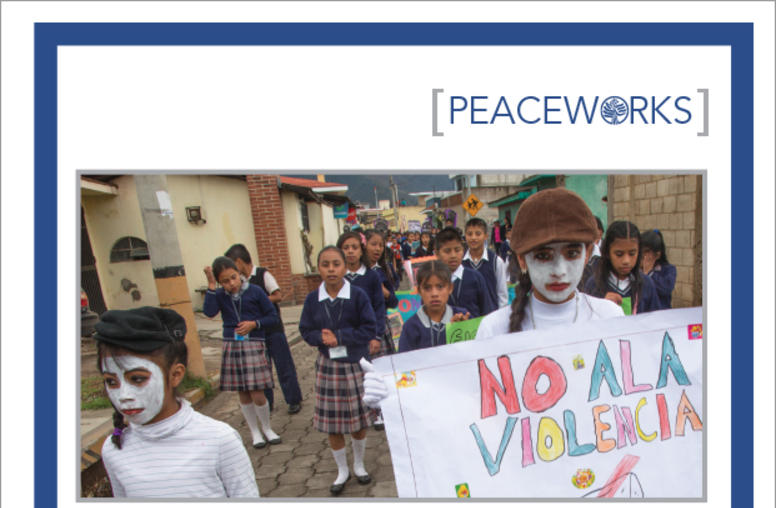
Peacebuilding and Resilience: How Society Responds to Violence
Based on research and a series of working group meetings hosted by the United States Institute of Peace, this report explores the concept of resilience in the context of peacebuilding and conflict-affected states and how socioecological systems respond to violence.